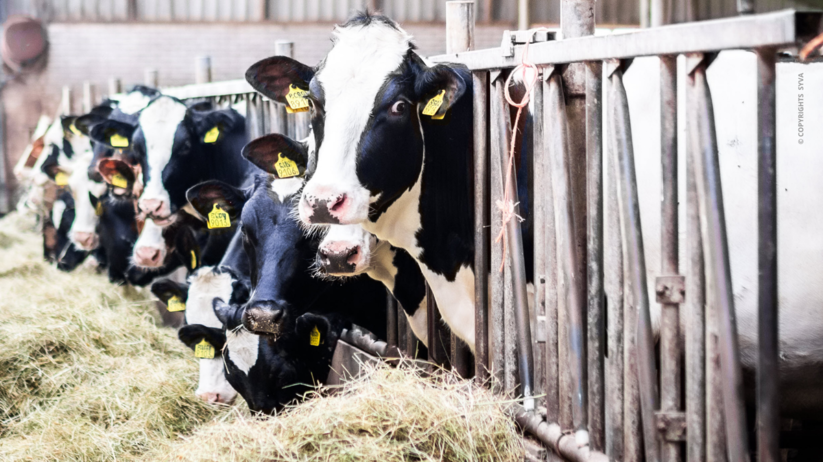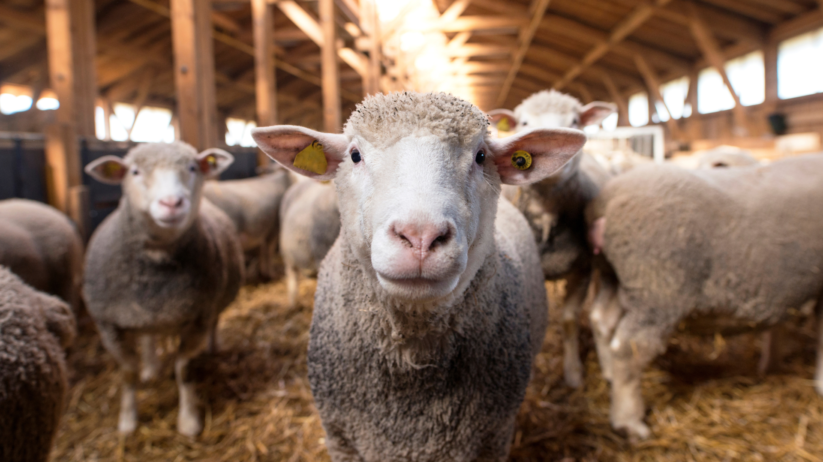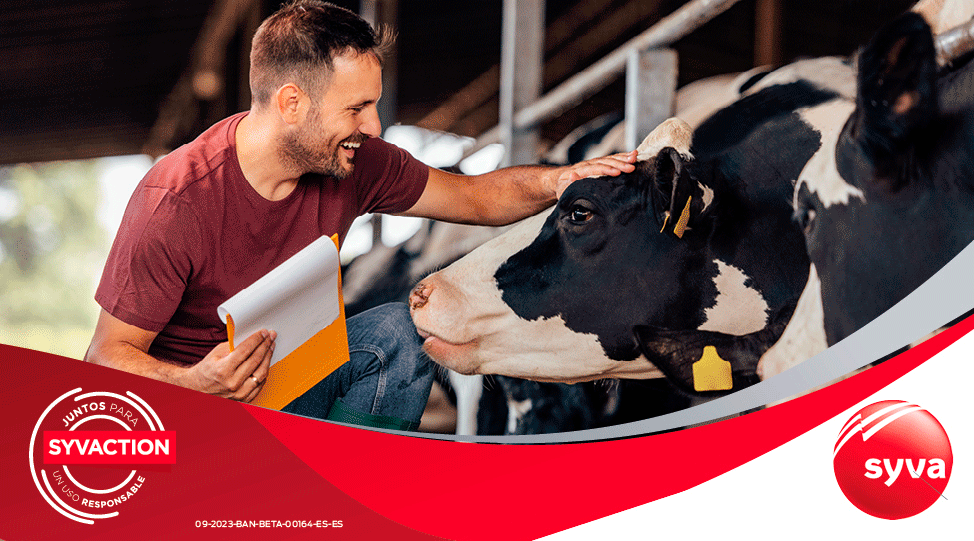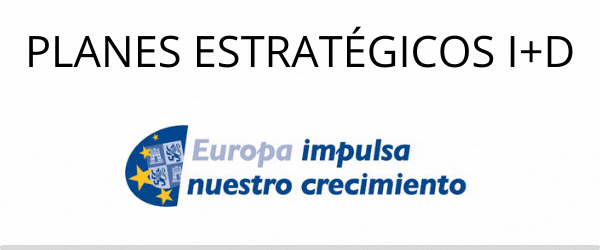The day after the first vaccinations in the Netherlands, Syva organised a round table in Utrecht focusing on the situation of bluetongue in this country and its BTV-3 vaccine.

On Tuesday 7 May, we had the pleasure of giving a series of presentations on our BTV3 vaccine and, above all, on the results of the different studies carried out to offer in a short term this emergency solution to Dutch farmers and vets. During this session, followed by a round-table discussion, our aim was to answer the many questions from fields veterinarians. The event, which took place in Utrecht in the Netherlands, followed the approval of Syva’s vaccine for emergency use by the Dutch authorities The journey, entitled “BTV3-Summit: Connecting BTV experts”, which brought together a panel of Dutch scientific experts on Bluetongue and veterinarians, was rich in learning, knowledge-sharing and emotions.
It’s very difficult to sum up in just a few words all the emotions that were running through the minds of those present, because on that day vaccinations had begun on the farms managed by two of our speakers, and on most of the farms represented by the vets in the audience. There was joy, gratitude, relief, pride, a certain degree of anxiety and sadness too, because the situation at the end of 2023 is still very present on people’s minds.
After a brief presentation of Syva by our colleague Silvia Carrera Monje, who is responsible for exports at European level, and an introduction of our distribution partner, Fendigo, with Edwin Van Hees, our Director of Research and Development, Dr Hans de Smit, presented the work of his team. He focussed on the various stages in the development of the BTV-3 vaccine, the preparation of the dossier and, above all, the clinical studies that provided the Dutch and then the Belgian authorities with sufficient information to enable validation of the safety, quality and efficacy of our vaccine and approve its use in the emergency context that we are all now familiar with.
The experts on the panel then gave presentations focusing on their respective areas of expertise.
The presentations and the round table discussion were brilliantly moderated by Prof. Dr. Merel Langelaar – Professor in One Health Governance – at the Veterinary Medicine Faculty of Utrecht.
The Professor Piet Van Rijn, Molecular Virologist at Wageningen Bioveterinary Research, spoke about aspects related to the serology and genetics of the various BTV serotypes and vectors, based on his extensive research and publications since 2006. An important basis to understand the evolution of this category of virus, its vector, their respective behaviour and the diagnostic methods available.
Dr René van den Brom, Head of the Department of small ruminant health at Royal GD, reminded us of the importance of monitoring the disease and its methodology, and of the need to report symptoms observed on farms, so that the situation can be rapidly assessed. And we were able to see the extent to which, in the case of this BTV3 epidemic, the outbreaks had occurred at such a speed, showing how aggressive the virus was and how it affect sheep in particular, but also the peculiarity of previously unobserved symptoms, which appeared later in the course of the disease, in cattle.
Dr. Dr Katrien van den Brink, Dairy specialist at Royal GD Animal Health, focused her presentation on the evidence gathered by the Royal GD for dairy farms, which are particularly important in the Netherlands, the severe symptoms suffered by cows, the transmission to foetuses and the consequences, and the resulting major impact on milk production, which is a major economic sector in this country.
Our panel included two field vets, who gave moving testimonies of their experiences during the months when this new BTV virus was spreading like wildfire, and of the desperate situations faced by sheep and cow farmers.
Dr. Dr. Margit Groenevelt, European healthcare specialist small ruminants, from behind the title of her presentation, Socioeconomic impact of BTV3: field perspective from a sheep vet, explained about the experience of farmers, the vision of apocalypse on certain farms, the feeling of despair and the psychological impact that persists today. She commented on the evolution of the role of the vet, who had no choice but to move from ‘doing the job as a vet and looking after the animals’ to ‘providing psychological support for the humans’, when it becomes clear that no treatment is working and that euthanasia is the only ‘humanity’ option.
Veterinarian Marieke Volkering, Field veterinarian livestock at DAP Gorter, who with her team looks after some 8,000 cows and 4,000 sheep, gave us a very visual insight into the situation at DAP Gorter, the painful experience of seeing the animals suffer and then the solidarity that is built up, and the small gestures and everyday things that make it possible socially and mentally to cope. If there’s one word which really takes on its full meaning here, it’s resilience.
Among those taking part in the day, many technical and practical questions that were answered by our experts, some of which reflected both the concern of being confronted once again with this BTV3 epidemic and a form of joy and relief at knowing that at the very moment many animals were being vaccinated.
We would like to express our immense respect for the vets and farmers of the Netherlands and hope that, beyond the psychological aspects that will no doubt take time to dissipate, we have provided them with a meaningful solution that will help them get through the Culicoides season with greater serenity.
You may also be interested in

30 January, 2025
Syvac® EH Marker, the first and only DIVA vaccine against EHD, is now authorized in Belgium
Syva is pleased to announce that the FAMHP/FAGG has granted emergency use authorization for its marker (DIVA) vaccine against EHD in accordance with Article 110(2) of Regulation (EU) 2019/6 for use in cattle and deer.

24 January, 2025
Call for the 28th edition of the Syva Award International for the best doctoral thesis in Animal Health
We are pleased to remind you that the call for applications for the 28th Syva Award International is open until 18 February 2025. We also remind you that for two years now, the Syva Award International is no longer limited to Spanish candidates, but invites all doctoral students of any nationality who have submitted their thesis in animal health...

22 January, 2025
Syva receives a positive opinion for Syvazul BTV 3 vaccine from the CVMP of the European Medicines Agency (EMA).
On 15 January 2025, the Committee for Medicinal Products for Veterinary Use (CVMP) issued a positive opinion recommending the granting of a marketing authorization for Syvazul BTV 3 vaccine. This step forward marks an important milestone in the fight against Bluetongue, and Syva is proud to be at the forefront of this innovation.



